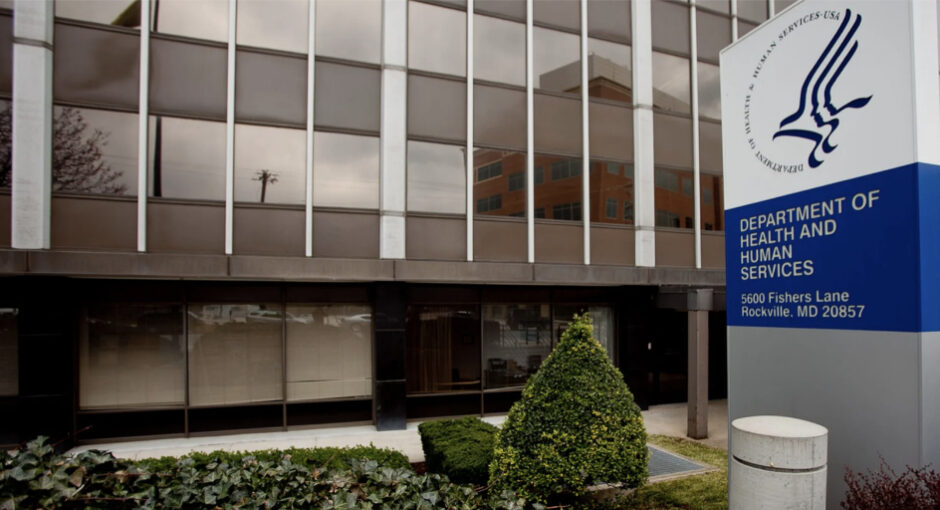UPDATED Thursday March 2, 2023, 12:30 p.m. EDT to include comment from HRSA.
The U.S. Health Resources and Services Administration has asked multiple hospitals to explain how they determine patient eligibility for 340B drugs, how they define, track, and use 340B savings, and how they ensure 340B compliance in offsite outpatient locations.
Representatives of several hospitals confirmed late yesterday that the hospitals received such letters from HRSA. One said they understood that HRSA sent more than 60 yesterday. Other hospitals received letters an unspecified time before. Currently, only hospitals are known to have received letters. HRSA reportedly audited some for 340B program compliance in the past. It is unknown if all were audited before.
None of the hospital representatives wished to share copies of the letters. Two 340B covered entity consultants described the questions that HRSA asked.
What HRSA plans to do with the information is not known. A consultant who once worked in the federal government said one possible explanation is that HRSA is collecting information in preparation for testimony before Congress. HRSA appears to be giving recipients a month to reply.
HRSA said this morning in response to a request for comment: “The Health Resources and Services Administration (HRSA) sent letters to several covered entities participating in the program as part of ongoing compliance efforts. The letters ask specific questions pertaining to the covered entity’s compliance in the 340B program. HRSA places the highest priority on the integrity of the 340B program and continually works to strengthen oversight of the program.”
Regarding the 340B patient definition, HRSA asks hospitals to explain their policies and procedures for establishing a relationship with a patient such that the hospital maintains records of patients’ health care and patients receive health care services from the hospital, including in offsite outpatient sites.
HRSA asks hospitals to explain how they ensure patients receive health care services from a health care professional who is either employed by the hospital or provides or provides health care under contractual or other arrangements (e.g. referral for consultation) such that responsibility for the care provided remains with the hospital, including care provided in offsite outpatient sites.
HRSA asks how hospitals define and track savings generated from the 340B program and how they use the savings to benefit the needs of their communities. There are no 340B statutory or regulatory requirements governing how hospitals or any other covered entities define, track, or use such savings.
HRSA asks for the hospital’s most recently filed Medicare cost report, including details of the outpatient costs and charges associated with the offsite outpatient facility sites listed in 340B OPAIS, the 340B program database.
Hospitals that dispense 340B drugs to patients at facilities not listed in 340B OPAIS and not listed as reimbursable on the hospital’s most recently filed cost report are asked to explain the circumstances under which these individuals qualify as 340B patients.
Early during the COVID-19 pandemic, HRSA clarified that patients of new hospital outpatient facilities not yet on the most recently filed cost report “may still be 340B eligible to the extent that they are patients of the covered entity. These situations should be clearly documented in the covered entity’s policies and procedures. In addition, a covered entity is responsible for demonstrating compliance with all 340B program requirements and ensure that auditable records are maintained for each patient dispensed a 340B drug.”


